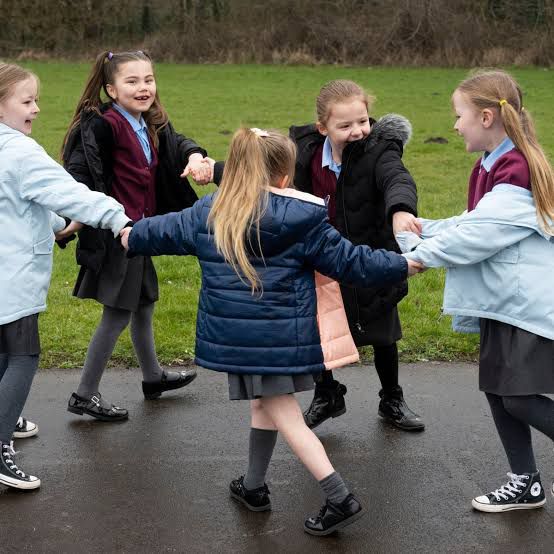Schools across the UK are increasingly keeping children indoors during heatwaves.
Under this policy, pupils remain inside when playgrounds are considered too hot to use safely, with concerns that outdoor surfaces like tarmac become dangerously hot in direct sunlight.
The move is intended to protect children from heat-related risks, but it has sparked a wave of criticism.
Some argue the practice is unnecessary and potentially harmful to children’s development and well-being.
A former headteacher and chair of the Campaign for Real Education, Chris McGovern, called the approach the worst possible way forward.
“Any teacher knows that keeping children inside on a hot day is counterproductive. They need fresh air and physical activity just as they do during cold weather. Of course, some precautions make sense: shade, hydration, maybe even keeping a few pupils inside where medically necessary, but banning outdoor play entirely risks doing more harm than good.”
Read also: Phillipson: UK set to withdraw support for special needs pupils
McGovern also warned that overly protective policies may have long-term effects on children’s mental health and contribute to increased screen time indoors.
“We’re creating an unhealthy childhood. Keeping them in just drives them towards screens and discourages physical activity, he said.
The practice has also been criticised by Conservative politicians. Greg Smith, MP for Mid Buckinghamshire, called it absolute nonsense.
“We shouldn’t be wrapping children in bubble wrap. The right response to hot weather is sensible precautions of sun hats, sunscreen, hydration, and not hiding indoors.”
Former Cabinet Minister Sir Jacob Rees-Mogg also weighed in, questioning why environmental groups were focusing on playground rules.
“Letting children enjoy sunshine is natural. I fear these woke charities have too much time and money on their hands.”
WWF blames poor outdoor infrastructure for children
The World Wide Fund for Nature (WWF), which has been highlighting the rise of hot play, argues that the real issue is poor outdoor infrastructure. The charity says many school playgrounds are dominated by artificial surfaces like concrete and tarmac, which retain heat and exacerbate the effects of high temperatures.
WWF is urging the Government to revise school premises regulations, many of which date back to the 1950s, to ensure pupils have access to more natural environments like grass, soil, trees, and sand.
Rosalind Mist, the WWF’s director of campaigns, education and youth, said: “Climate change is bringing more frequent and extreme weather events, from heatwaves to flash floods. Replacing artificial surfaces with natural ones would not only help regulate temperature and prevent flooding, but also improve children’s wellbeing, resilience, and concentration.”
Currently, there is no legal requirement for schools to provide green space for outdoor play or physical education. WWF is calling for updated regulations that would support more climate-resilient and child-friendly school environments, as a solution, it says, is both affordable and urgently needed.



